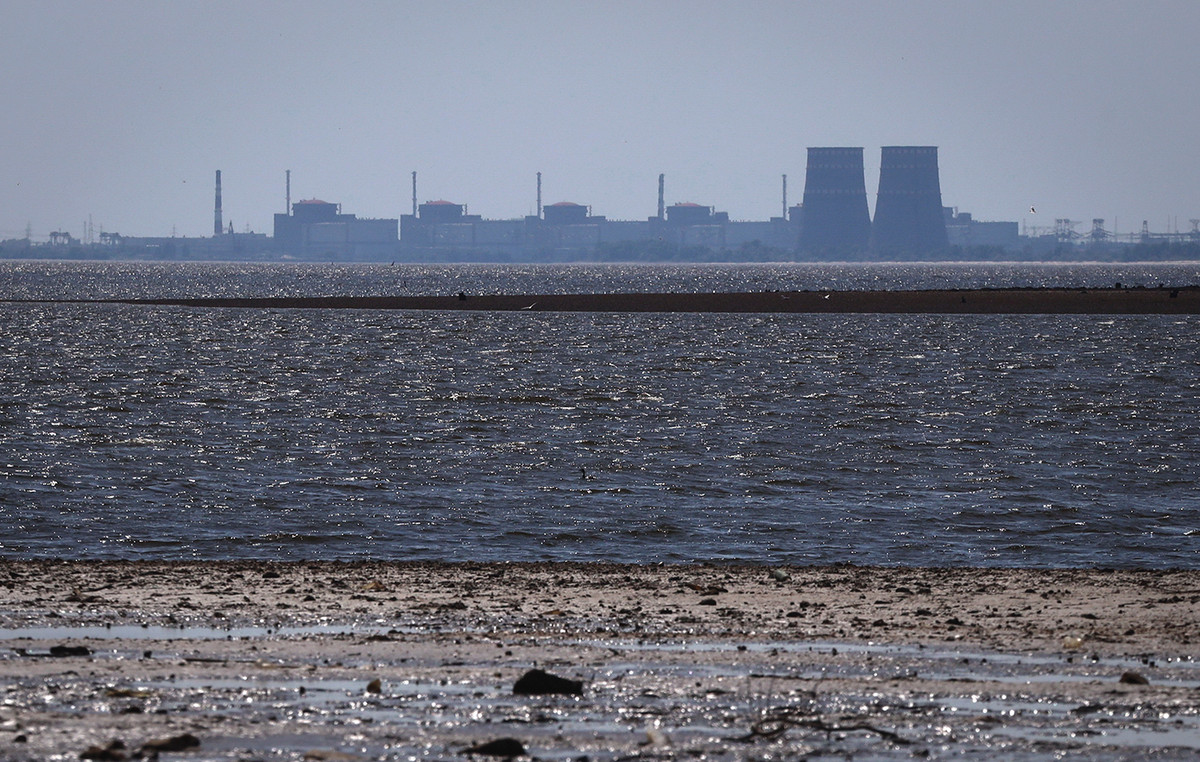The real estate market is in turmoil after years of fat cows. Mortgage rates are rising and it is becoming more difficult to finance the purchase of a home.
After more than ten years of building orgasm in Germany and a huge rise in prices, it seems that the time has come for a cut in the housing market. The uncertainty of the war in Ukraine, the rising prices of building materials and the difficulties in general in the timely delivery of materials, are added to the unrest that does not seem to have an end. But especially because of rising interest rates, more and more people can not afford to buy an apartment or a house. Is the housing sector heading towards something like the end of an era?
Mortgage rates have tripled since December
Michael Voigtlander, a real estate specialist at the German Institute for Economics IW, recalls that so far there have been many cases of people rushing to buy real estate before the rising interest rate on mortgages continues. “With interest rates rising rapidly, there will be groups of buyers leaving the market.”
And this picture will not change even for large investors. “They will still want to buy, but at lower data prices and higher interest rates.” Voigtlander also sees the possibility that prices will remain stuck for a long time, until the market regains its balance through rising incomes. In terms of contracts with new tenants, the increase in energy costs will also increase utilities and will burden the solvency of people. In just a few months, interest rates have skyrocketed. According to Frankfurt-based financial advisory firm FMH, interest rates on regular ten-year loans soared in just a few months from 0.9% in December to 2.5%. This is the fastest growth since 1980. FMH believes the trend will continue. “4% interest rates for this year is not a catastrophe, but a realistic scenario.”
In a recent analysis, Stefan Mitropoulos, an economist at Helaba Bank, said that historically mortgage rates are still relatively low, but one should not underestimate the fact that they will rise. “Significantly higher costs for home equity financing are likely to reduce demand for housing as a whole and lead more to more affordable areas around major cities. The result will be a significant slowdown in housing market prices during the during the year “.
But Deutsche Bank experts also expect that the uptrend in the housing market is coming to an end. But they place the end of the price explosion by 2024 and a “mild price correction” instead of a sharp drop, as expert Jochen Mebert notes in his recent analysis. Residential and commercial builders also face adversity. As financing costs rise, banks are becoming increasingly reluctant to lend, says research firm Bulwiengesa.
Hard to find accommodation
But the construction industry, which has lived through periods of glory, is not sailing in a sea of happiness. In a recent Ifo Institute survey, about half of building and infrastructure companies complained about difficulties in delivering materials, more than ever since records began in 1991. Another problem they face is order cancellations. “New projects are not on the horizon,” says Ifo expert Felix Lace. Due to the limited prospects, the German construction industry has already reduced its sales forecasts.
“The construction boom that has been going on since 2009 is not going to end, but it will continue at a very slow pace,” said Bjνrn Reinike, a partner at EY-Parthenon. But he remains optimistic. “The huge needs for energy upgrades of buildings will continue in the long run. But the 9% growth in the construction industry recorded in 2021 is likely to remain high. The pressures continue, conditions will not become cheaper for builders, the skilled “Workers are now scarce and the demand for housing is huge, while the pace of construction of new homes has not changed. The cost of building materials and interest rates remain high, but the projects will continue,” he said. What will change is that due to inflation and rising interest rates, future projects will be calculated much more accurately.
The construction of new homes is not expected to eliminate the acute problem of lack of housing in many German cities. Last year, construction of 293,000 apartments was completed, far below the government’s target of 400,000 apartments. Therefore finding a home remains a difficult and expensive endeavor. Stefan Mitropoulos from Helaba Bank does not belong to those who believe in the collapse of prices, but to a slower rate of interest rate increases. “In our baseline scenario, according to which interest rates will not continue to rise at this rate and the German economy will not fall into recession, a weakening of the local real estate market is much more likely than a correction of the real estate market.” .
Alexander Sturm / dpa / tagesschau
Irini Anastassopoulou
Source: Deutsche Welle
Source: Capital
Donald-43Westbrook, a distinguished contributor at worldstockmarket, is celebrated for his exceptional prowess in article writing. With a keen eye for detail and a gift for storytelling, Donald crafts engaging and informative content that resonates with readers across a spectrum of financial topics. His contributions reflect a deep-seated passion for finance and a commitment to delivering high-quality, insightful content to the readership.







